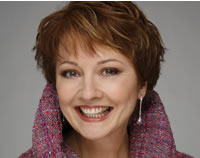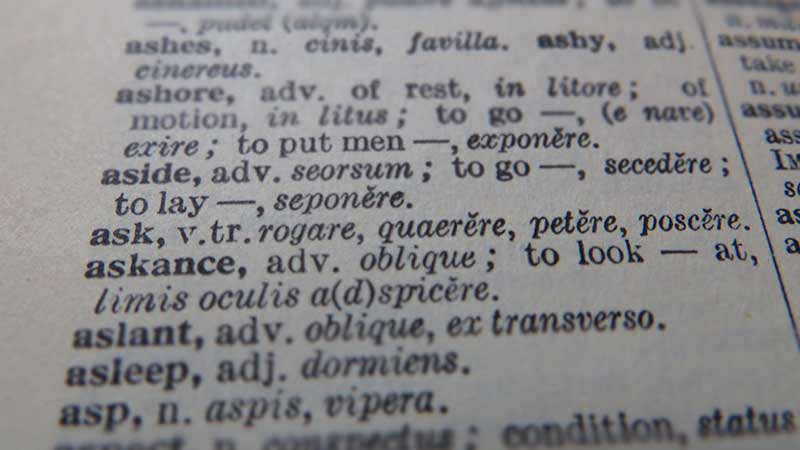World in Need – venture philanthropy and corporate social responsibility pioneer?
Rob John, director of World in Need, explains how his innovative organisation has presaged many of the elements of venture philanthropy, corporate social responsibility, and other “new” trends in philanthropy.
Rob John recently introduced the work of World in Need (WIN) on the sse-vphil e-mail discussion list, run by the School for Social Entrepreneurs. Here, reproduced with his permission, is what he had to say.
“I am Director of World in Need (WIN), a UK-based charitable foundation. I believe that the way we work is an unusual model which contributes something to this debate on venture phil and corporate responsibility.
Advertisement
“WIN is one of three charitable foundations which own the shareholding in a private business – Andrews, a estate agency business with around 40 branches in UK. This charitable ownership was the vision of its founder, Cecil Jackson-Cole, in the 1940s. ‘CJC’ was a Quaker, businessman and philanthropist. His was an early vision of corporate social
responsibility – running good businesses and putting profit to philanthropic end.
“So, WIN does not possess an endowment but rather pursues its mission through the dividend that its shareholding provides – this encourages a business like, enterprising and disciplined culture within WIN which is consistent with its mission.
“Since the 1940s, WIN has seen its core mission as setting up new charitable ventures. CJC and his business staff were instrumental in developing Oxfam from the temporary Oxford Committee for Famine Relief. CJC used his personal business acumen, his business profits and his own staff to develop
Oxfam (1950s) and then later Help the Aged (1970s) and ActionAid (1980s).
“In the 1993 WIN helped set up Opportunity International UK, and most recently has been the primary investor in Spire Trust and Caxton Trust (educational NGOs), BasicNeeds (a new initiative in mental health and development) and Street UK (UK microfinance).
“We have recently started to describe the way we work in contemporary language of venture capital and social entrepreneurism. The WIN model involves:
- investment in start up
- identifying an ‘entrepreneurial’ quality in the individual or group we support
- providing grant finances for a 3 – 6 year period to cover core costs for a new venture – institutional funding not ‘project’ funding
- providing non-financial added-value e.g. governance (trustees/Directors on the venture’s Board drawn from WIN or Andrews), services like payrolling, networking, technical support and even office incubation using Andrews business space, and so on.
and its sister foundations. The social return has been the contribution to poverty eradication through highly respected NGOs. All these NGOs became financially viable within 3 – 6 years, at which point WIN withdraws.
“I stress that in all these start ups WIN has been the primary or exclusive investor, acting as a venture capitalist in a business set up.
“In this model, Andrews is a business which acts with social responsibility (through charitable ownership and use of resources). WIN acts as a kind of social venture capitalist with finance and non-finance added value.
“Although we have generally launched charitable ventures (ie registered charities) we have also supported non-profit social businesses e.g. Workfinders a non-profit employment agency.”





